How Many Times a Day Do You Feed Cats
- Home
- Cats
- Getting Started
How often should I feed my cat? Here's what to know about cat feeding schedules
Here's what to consider when feeding your cat
Trying to find the perfect food for your cat can be difficult. The shops and internet boast endless delicious and nutritious options. Buying the best food for your cat is only half the battle — your cat's feeding schedule is another code to crack. If you've ever wondered, "How often should I feed my cat," you're not alone.
You can feed cats anywhere from one to five times a day, depending on their individual needs. After all, it's no secret that every cat has a distinct personality, right? No matter how often you feed your cat, their feeding schedule can impact their digestive system, energy level, and overall happiness, so finding the perfect balance is essential. Like many other animals, cats love routine, and once they learn their feeding schedule, they'll happily remind you of it.
There are factors to consider when determining how often you should feed your cat. Read on to find out what to keep in mind.
Consider your cat's age
A cat's age impacts how often you should be feeding them.
- Kittens: Kittens should be fed more often throughout the day. They require more food per pound of body weight than adult cats because they are in a vital growing stage. If they don't get enough nutrients and calories, it can inhibit their growth and cause problems later on. You should feed kittens younger than six months of age four or five times a day, while kittens older than six months of age require about three feedings per day for the healthiest growth rate.
- Adult cats: Once kittens reach one year of age, you can switch their feedings to once or twice a day. You should feed your adult cat at the exact same time each day. If you're feeding your cat twice per day, offering food once in the morning and once in the evening is recommended to help maintain a healthy digestive system. With a consistent feeding schedule, it's also easier to notice any discrepancies which could indicate an underlying medical issue. You should always contact your veterinarian with any concerns you may have.
Overall, it's necessary to consider your cat's age when determining how often to feed them because different stages of life have unique requirements. Whether you feed your cat once a day or your kitten four times a day, keep the timing consistent for optimal health.
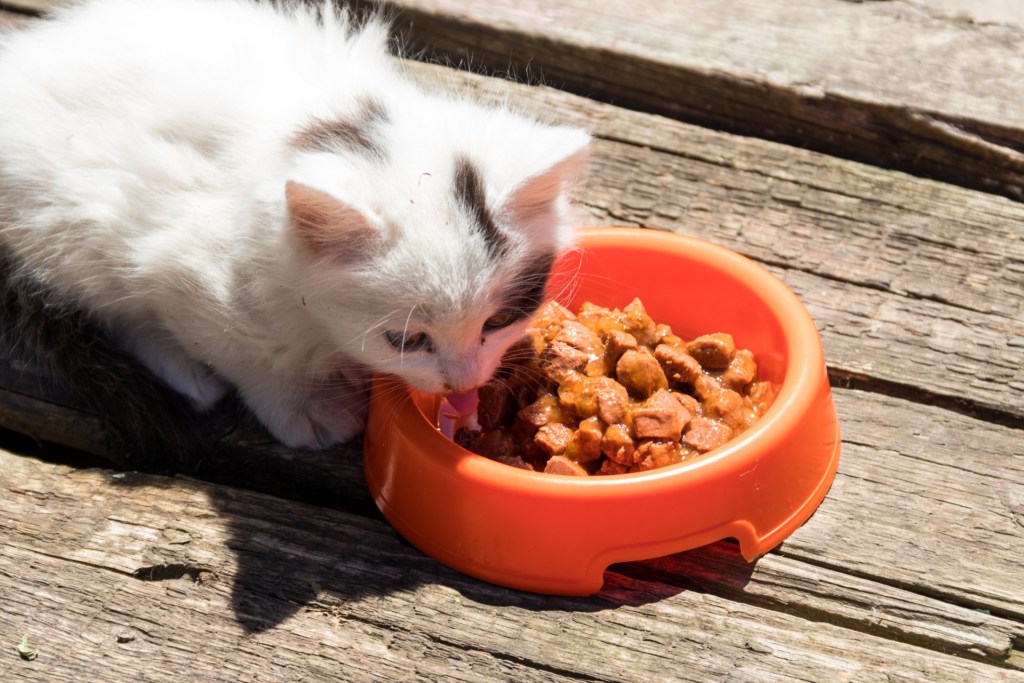
Be aware that health issues may impact feeding requirements
There are many health issues that affect cats. In this case, their diet and feeding frequency needs to be specifically designed to meet their needs.
- Diabetes: If your cat is suffering from diabetes, you may need to feed them at the same time you give them their insulin. You'll need to center your cat's feeding schedule around their insulin injections.
- Hyperthyroidism: This disease will typically make your cat want to eat constantly. An overactive thyroid gland can cause a cat to feel extra hungry and consume more than they need. You can keep your cat comfortable with frequent, small meals, but it's important not to overfeed them. Make sure to seek veterinary care if your cat is showing signs of hyperthyroidism.
- Dental issues: As cats age, their teeth and gums become more delicate and tender. One way to combat this issue is with wet cat food. Consistency is key when feeding older cats because their digestive systems are sensitive, and any slight change could cause stomach upset.
Incorporate your personal schedule
You can't feed your cat if you're at work, so tailor your cat's feeding schedule around your day. If you have a set workday schedule, then it's easy to feed your cat once in the morning and once at night. If your schedule is a bit more hectic, a late-night or early-morning feeding once a day may better suit your needs. Regardless of your schedule, do your best to feed your cat at the same time every day.
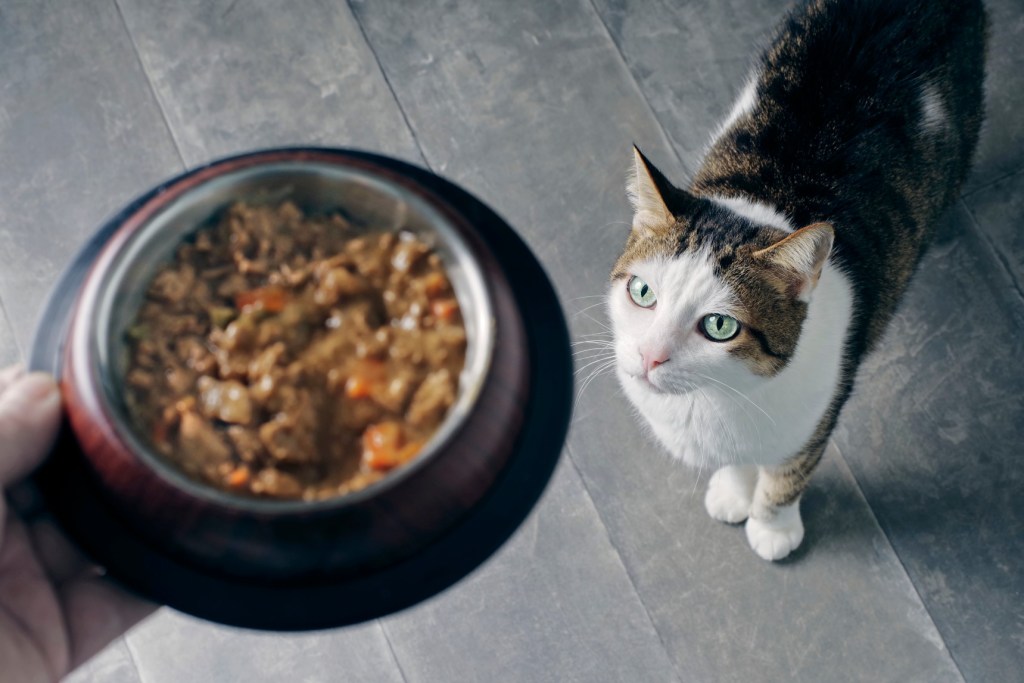
Choose the food that's best for your cat's individual needs
Many cat owners give their cats a combination of wet and dry food. A dry food diet is fine, but choose a high-quality option that is balanced and nutritious. Additionally, make sure your cat always has access to fresh water, as dry food is not nearly as hydrating as wet food.
Dry food typically lasts longer than wet food. If wet food is left out too long because your cat didn't finish his meal, you'll have to throw it away. Your best bet is to experiment with your cat to see what he likes best. Just be sure that your cat isn't overeating; obesity isn't just a problem for people. If your cat is overweight — or underweight — consult your vet to determine the best course of action.
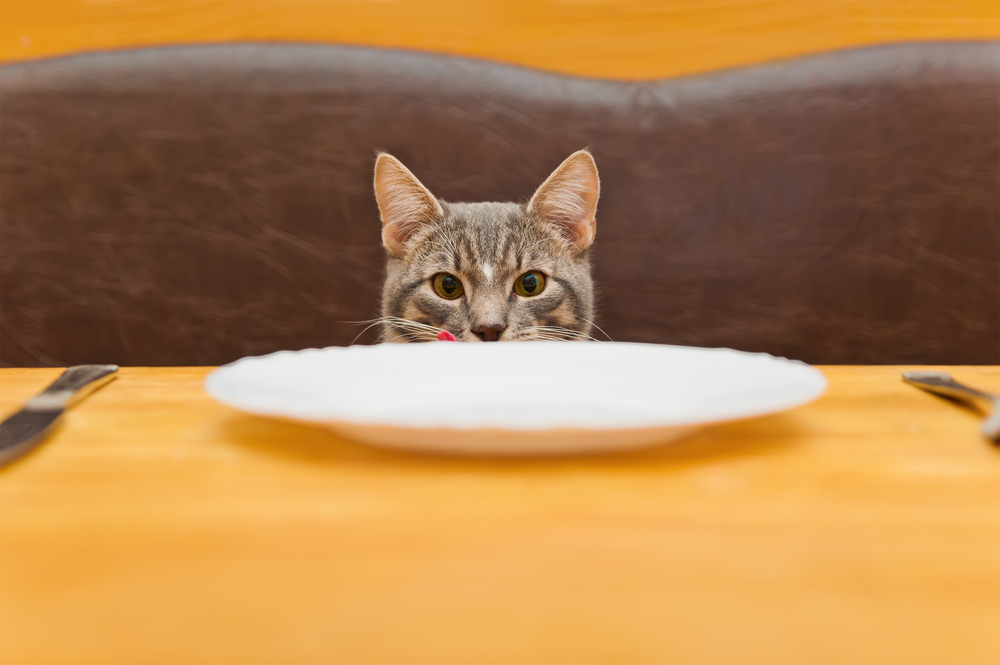
Although caring for a cat might be challenging, it's also rewarding. Cats thrive on a consistent diet and feeding schedule because they are creatures of habit. Consider your cat's age, underlying health issues, and your schedule to create the perfect feeding routine for your cat. You will find yourself loving the consistency as much as they do.
Editors' Recommendations
- Anemia in cats can be dangerous, but it's treatable – here's what you need to know
- How long can cats go without food or water? It's less time than you think
- Why is my cat peeing on my bed? The real truth (and how to stop this gross habit)
- Does your cat have a fever? There's an easy way to tell
- A dirty litter box is dangerous for you and your cat: Why want to keep it clean
Source: https://www.pawtracks.com/cats/cat-feeding-schedule/
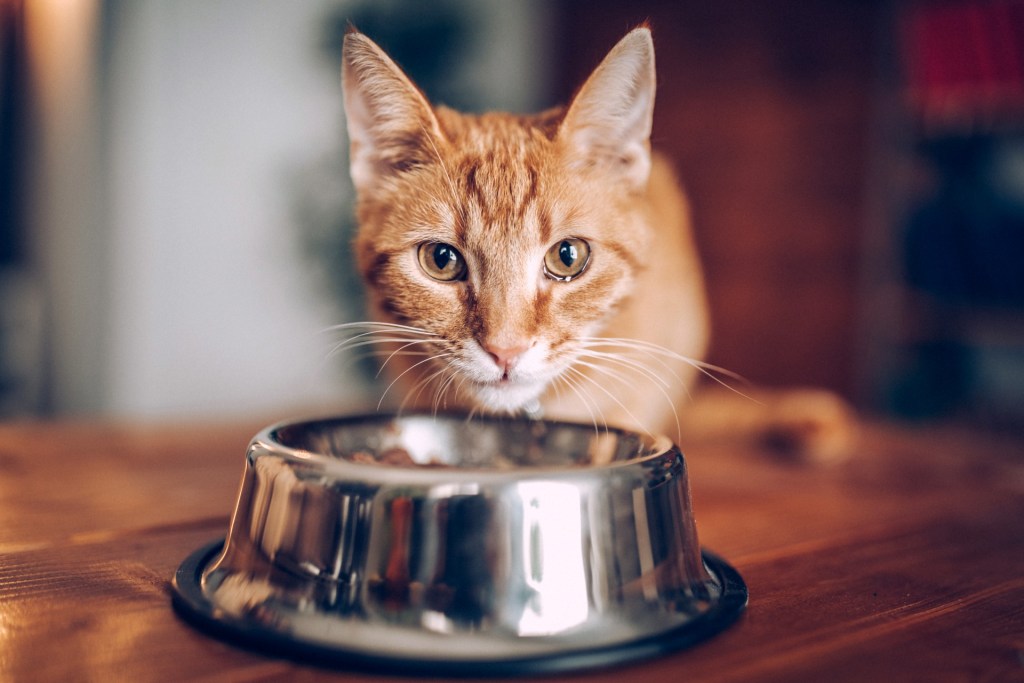
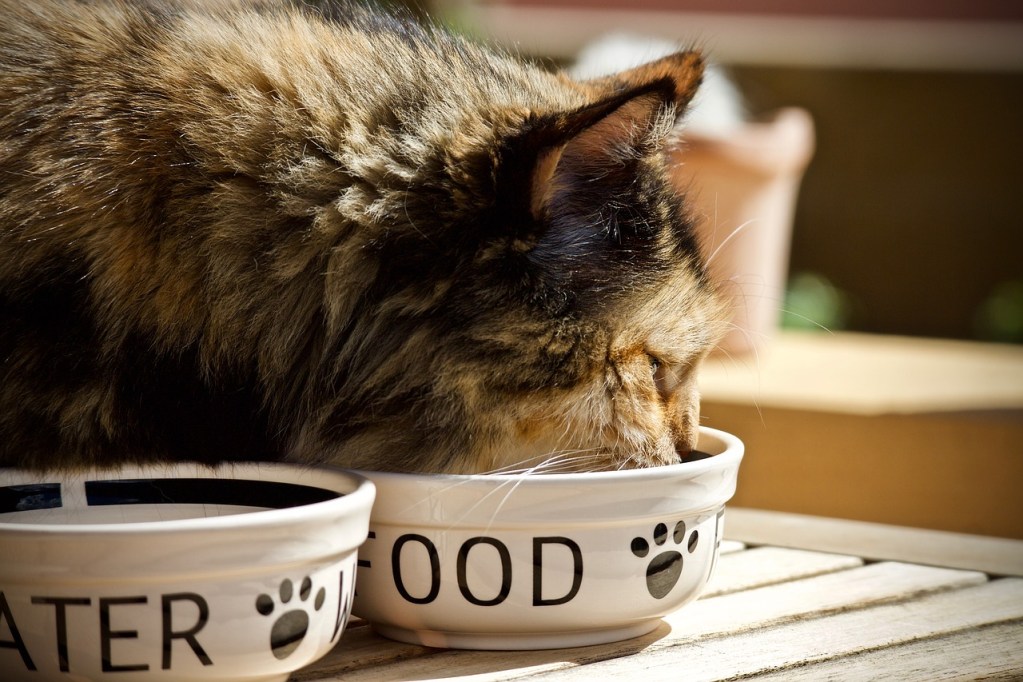
Post a Comment for "How Many Times a Day Do You Feed Cats"